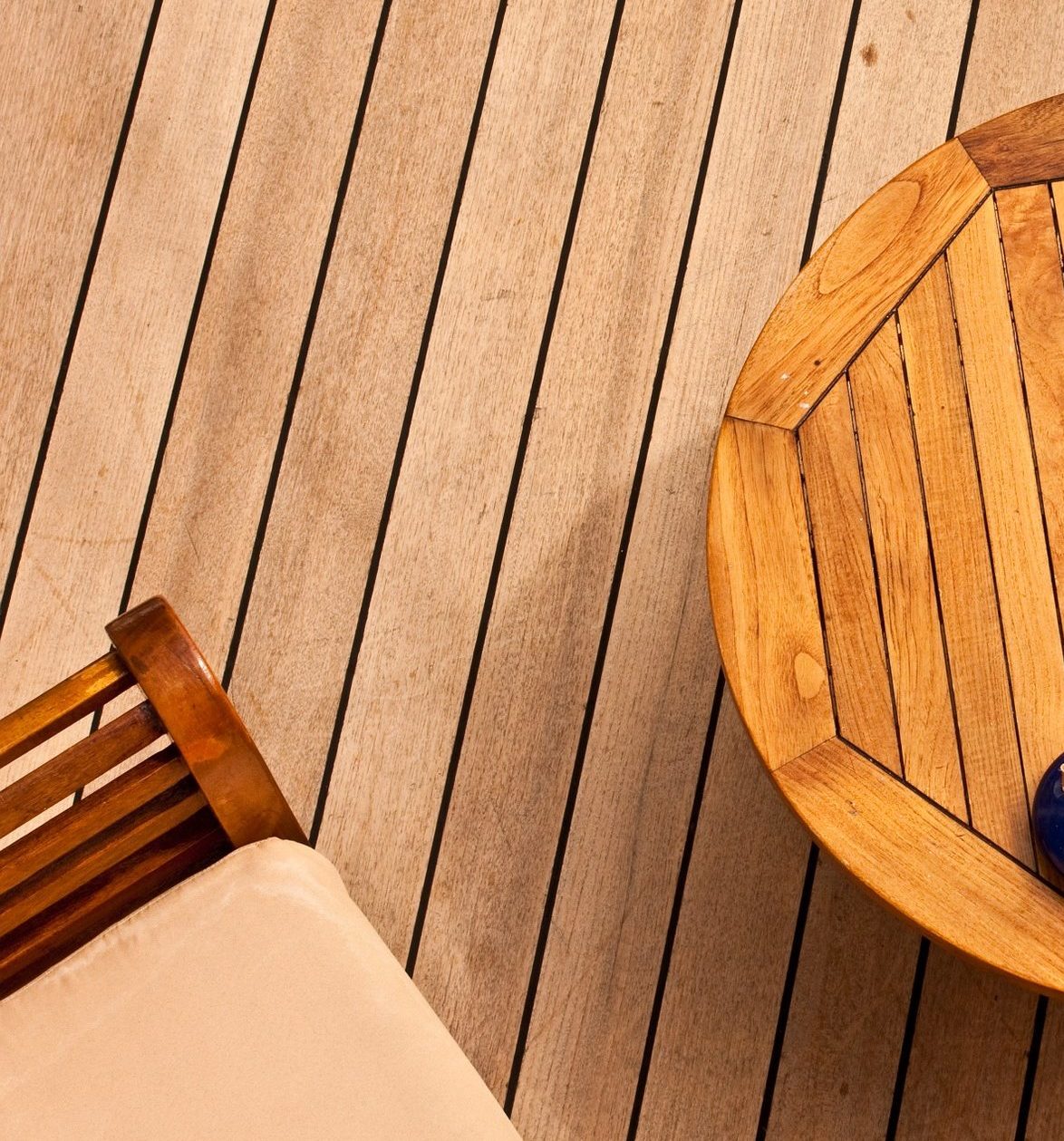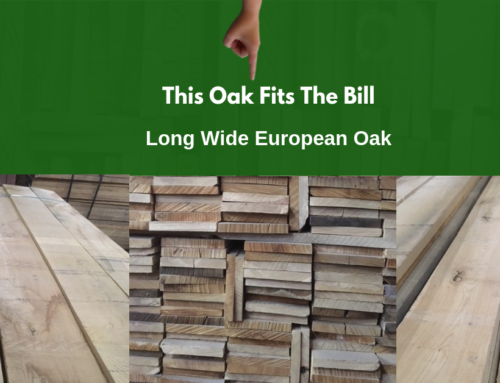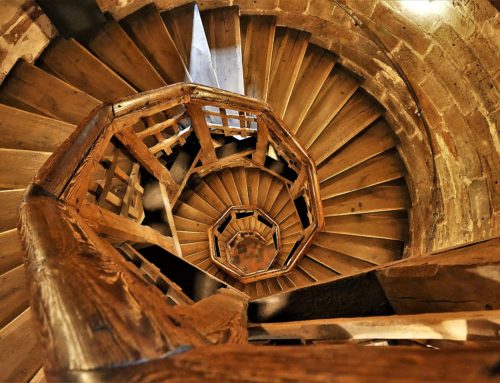
Which one to choose?
Both hardwood and composite decking have advantages and disadvantages. Here are a few factors which you need to consider when you are making your decision:
Hardwood Decking
- As long as it is sustainably sourced, hardwood is completely environmentally friendly and a natural , renewable resource.
- Cost effective. Generally cheaper than composite decking and when maintained well it can last a lifetime.
- It’s real wood, natural & authentic. Hardwood decks have a natural warmth and smell that composite decks don’t have.
- Easy to change its look and repair. Can be re-sanded to maintain it’s original look and repair any imperfections.
Composite Decking
- It has lower maintenance requirements but some of the plastic content can make the composite decking easier to scratch and its repairment may not be easy as timber decking.
- It is not renewable as hardwood. It contains virgin plastics as well as recycled plastics. Also some adhesives used in manufacturing process makes it less environmental friendly as well as the sawdust & wastage from its installation ending up in landfill sites.
- It is designed to mimic the look of the real wood however it doesn’t have the authenticity of real hardwood.
- It is not easy to change the look of it if you want to change – Cannot be re-sanded to it’s original look.
- Tends to sag and bend more than wood, therefore requires more support and the increasing requirements add to the cost of the deck structure.
Decking Range Of Petal
When you are buying hardwood decking in the UK the first thing you need to do is to make sure that your supplier is selling certified products, non-certified products cause huge negative impacts on the environment each year. PETAL is committed to all these sustainability principles and performs strict quality control on its hardwood decking products.
PETAL have 30 years experience in procurement of Yellow Balau for the UK market and also offers IPE hardwood Decking and Cumaru. Please visit our product catalog for more information.






